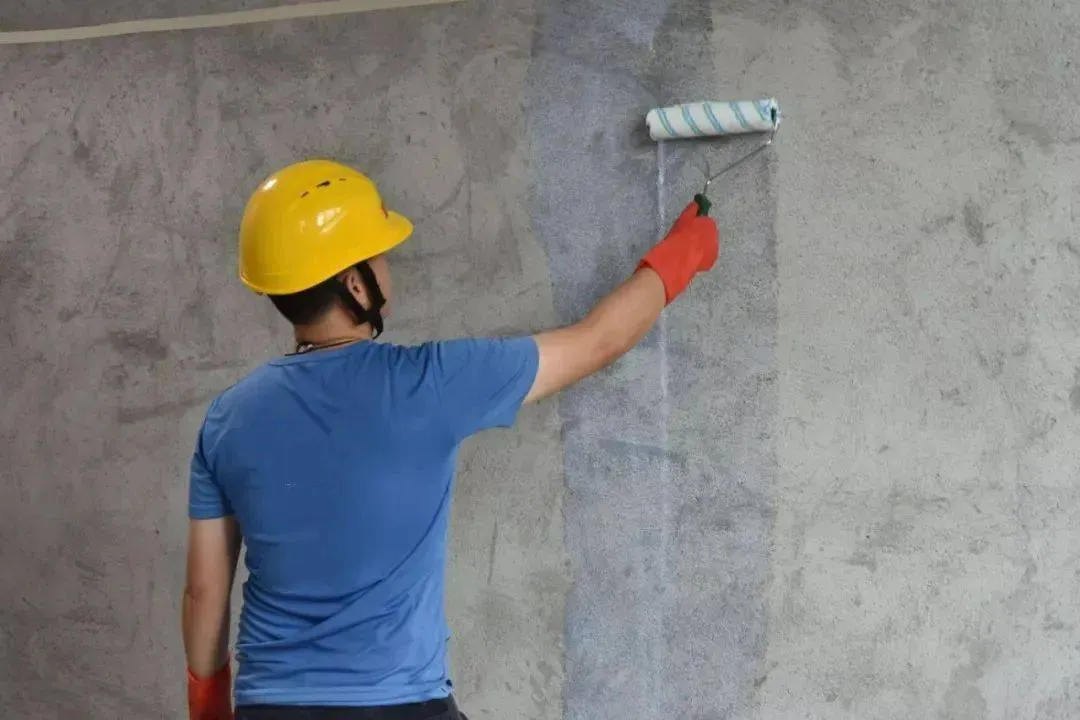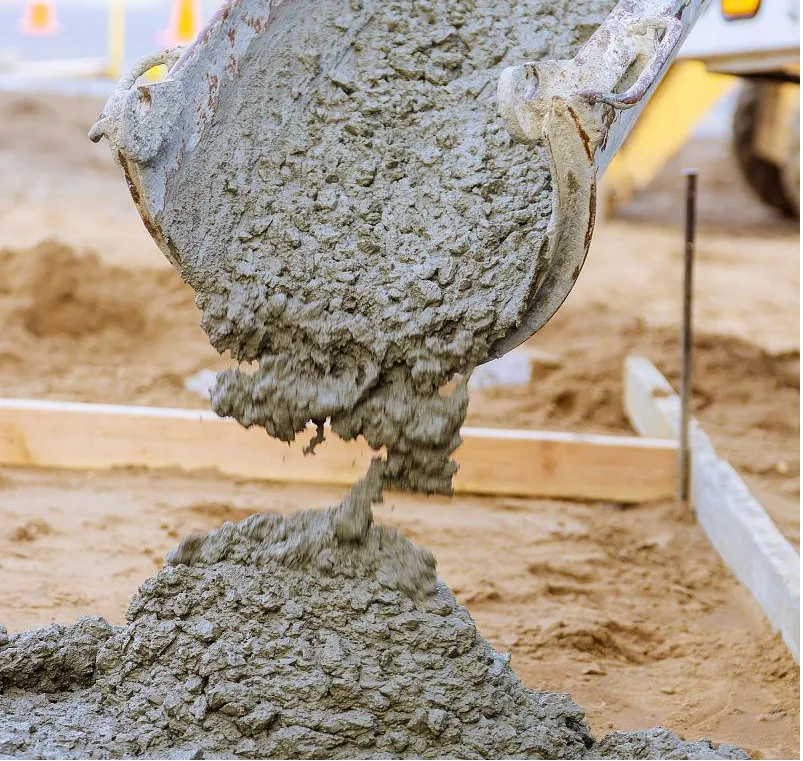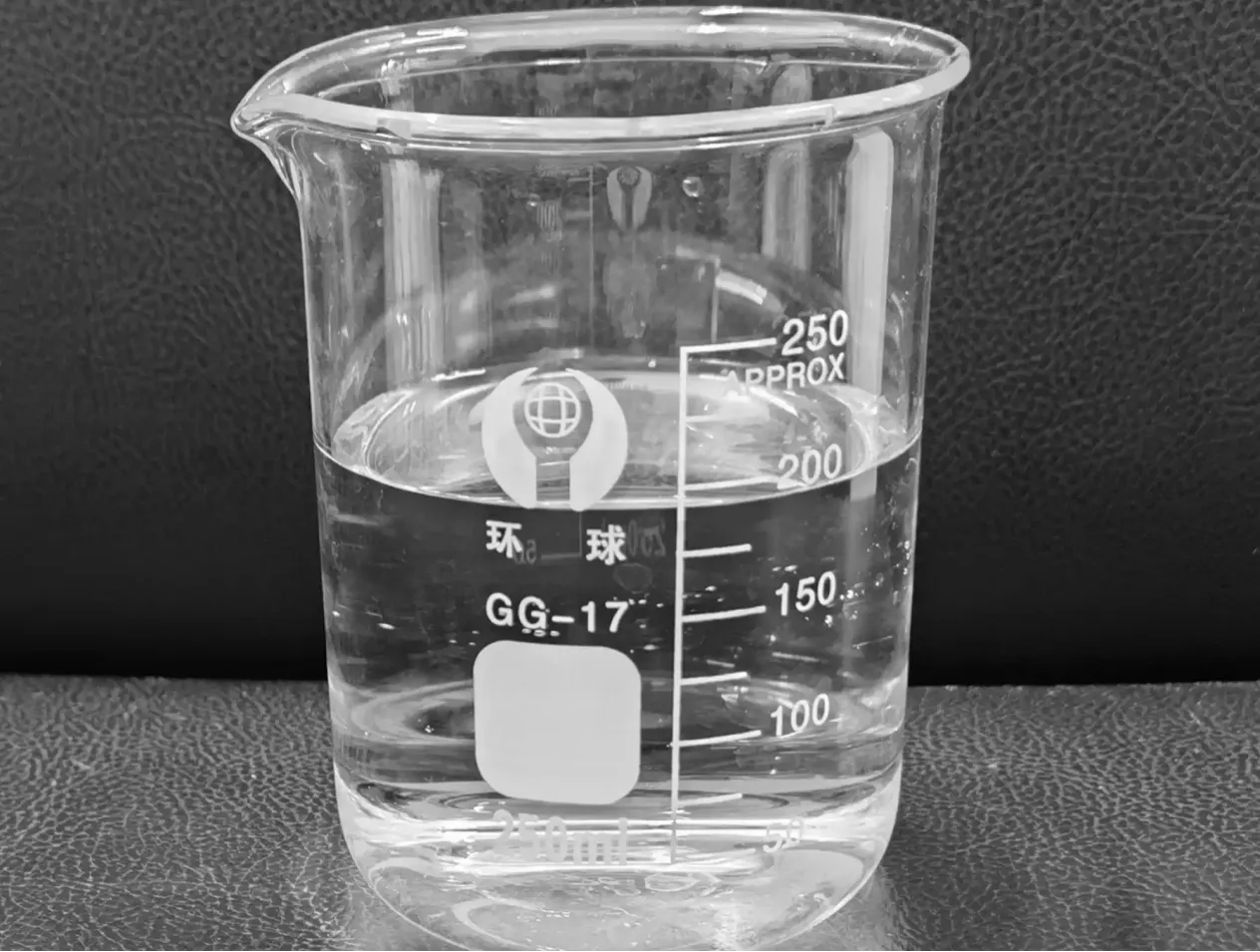
Polyvinyl Alcohol: A Versatile Material for Construction and Industrial Applications
Polyvinyl alcohol (PVA) is a synthetic, water-soluble polymer widely recognized for its excellent bonding, film-forming, and emulsifying properties.

An Introduction to PVA Types and Their Practical Use
With multiple industrial and construction applications, understanding the different PVA types is crucial for professionals seeking optimal performance. These types vary by degree of polymerization and hydrolysis, which affect viscosity, bonding strength, and solubility.
One of the most common forms is polyvinyl alcohol powder, a white, odorless material widely used in adhesives, construction compounds, and film manufacturing. Among the most important polyvinyl alcohol powder uses are in cement modification, textile coatings, and water-soluble packaging.
In the construction industry, adding PVA to mortar improves adhesion and flexibility. It enhances cohesion between masonry substrates and renders, making the mixture more durable and less prone to cracking.

Construction Applications: From PVA for Plastering Walls to Exterior Waterproof PVA
One of the most popular applications is PVA for plastering walls, where it acts as a bonding agent between old and new surfaces. Whether you're sealing drywall, blockwork, or concrete, PVA before plastering reduces porosity and helps the plaster adhere evenly.
In ceiling preparation, professionals often apply PVA ceiling before painting to seal porous surfaces and prevent flaking. This ensures a smoother and longer-lasting paint finish.
For exterior masonry jobs, exterior waterproof PVA provides water-resistant bonding, ideal for use in facades or exposed brickwork. It forms a flexible seal that can accommodate minor thermal movements and environmental wear.
Additionally, in fiber-reinforced applications, polypropylene fibers for concrete are often used alongside PVA to enhance the overall mechanical performance of mortar or concrete. The combination results in better crack resistance, durability, and tensile strength.
When formulating construction materials, engineers often refer to the chemical formula for polyvinyl alcohol, which is (C₂H₄O)n, representing a long chain of ethylene units with hydroxyl functional groups. This gives PVA its water solubility and adhesive properties.

Industry Safety, Packaging, and Specialty Grades like White PVA
From a safety perspective, reviewing the MSDS of polyvinyl alcohol (Material Safety Data Sheet) is essential for understanding storage conditions, exposure limits, and first-aid measures. This document is especially important for bulk users handling powdered forms.
One important variant is white PVA, a pure grade commonly used in both craft applications and high-end construction formulations. It is appreciated for its clean appearance and low impurity levels, making it suitable for adhesives, paints, and mortar mixes.
Due to its water solubility, PVA is also widely used in the packaging industry. Water soluble film manufacturers use it to produce laundry detergent pods, agricultural seed tapes, and pharmaceutical capsules. Its complete poly vinyl alcohol solubility in both cold and hot water makes it eco-friendly and safe for the environment.
Adhesive makers especially value polyvinyl alcohol adhesive for its strong bonding capabilities and non-toxic formulation. Whether used in paper packaging, woodworking, or tile adhesives, PVA remains one of the most reliable and versatile options.
Frequently Asked Questions (FAQs)
1. What are the most common PVA types available in construction?
Ada berbagai macam PVA types based on molecular weight and hydrolysis. For construction, partially hydrolyzed polyvinyl alcohol powder is often used for its balance of solubility and bonding strength.
2. How does adding PVA to mortar improve performance?
Adding PVA to mortar increases flexibility, adhesion, and water resistance. It reduces cracking, improves curing, and ensures better cohesion between old and new materials.
3. Is it necessary to use PVA before plastering or painting?
Yes. Applying PVA before plastering or PVA ceiling before painting helps seal porous surfaces, reduce suction, and improve the bond between substrates and new coatings.
4. What is the chemical formula for polyvinyl alcohol and why does it matter?
The chemical formula for polyvinyl alcohol is (C₂H₄O)n. Its hydroxyl groups make it highly soluble in water and give it excellent adhesive and film-forming properties.
5. What industries use water-soluble PVA and why?
Water soluble film manufacturers use PVA to produce eco-friendly films for packaging, agriculture, and medicine due to its full poly vinyl alcohol solubility and biodegradability.
-
Understanding Redispersible Polymer Powder: Types, Market Trends, and Manufacturer InsightsNewsJun.27,2025
-
Redispersible Polymer Powder Types, Applications and Market TrendsNewsJun.27,2025
-
Polyvinyl Alcohol in Construction: Properties, Usage, and Industry TrendsNewsJun.27,2025
-
Modified Starches in Cosmetics, Food, and Medicine: A Spotlight on Hydroxypropyl and Hydroxyethyl DerivativesNewsJun.27,2025
-
Gypsum Retarder Chemicals: Extending Working Time for Professional ResultsNewsJun.27,2025
-
Uses Properties, and Market Insights for Construction and Industrial ApplicationsNewsJun.26,2025





















